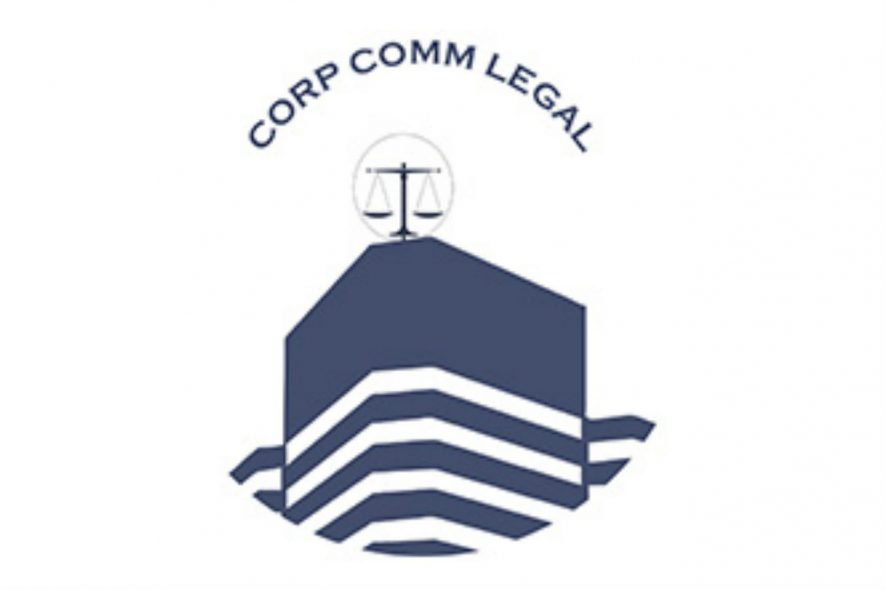In today’s corporate world mired in corporate frauds and misdeeds, independent professionals are feeling increasingly uncomfortable and unenthusiastic to act as independent directors and non-executive directors in India. This discomfort stems out of fear of penal proceedings for the defaults committed by the company without their knowledge/involvement in the default.
Not stopping at that, this sense of fear has also developed into a recent phenomenon of resignations spree by independent directors/non-executive directors—this could lead to shortage of qualified/skilled professionals in the independent directors/non-executive directors’ ecosystem.
Paying heed to the concerns expressed by professionals and corporates alike and to ease the fear from the minds of independent/non-executive directors, the Ministry of Corporate Affairs (MCA) has issued a recent directive.
This directive has been rolled out via Circular dated 2-3-2020 dealing with prosecution of independent directors, non-promoters, non-KMP and non-executive directors. It stipulates that no civil/criminal proceedings should be initiated against the independent/non-executive directors without adequate evidence in relation to the involvement of such independent/non-executive directors in any default committed by a company.
The Companies Act, 2013 expressly provides under different provisions that any legal proceedings will be instigated against the officer in default for the company contravention of law. In general, day-to-day affairs of any company are carried out, monitored and processed by the Whole-Time Director (WTD)/Key Managerial Person (KMP) (who are authorised for it by the company’s byelaws and/or with express authority through specific board/shareholders resolutions or power of attorney).
Therefore, typically, a WTD/KMP would be liable for company violation of law as such person regulates the day-to-day affairs of the company. Accordingly, in majority of the corporate defaults, the liability for such default would be imposed on the WTD/KMP due to his direct involvement in the company business management.
In the absence of WTD/KMP, the liability for default of a company would be imposed on a director who (pursuant to e-form GNL-3 filed with the Registrar of Companies) agrees in writing to undertake such liability.
In certain cases, the law will inflict the liability on a specific managerial person/officer in charge of a specific assignment/function—accordingly, penal action should be initiated against such managerial person/officer only.
However, in practice, we see that many a times, even independent directors are caught in the crossfire between the regulatory/enforcement authorities and the company’s management. This causes unnecessary burden and stress on the independent directors. They have to defend themselves from allegations of misdeeds, lapses and frauds they may not even be aware of—deviating their attention from their own business/profession and resulting in a loss of repute, time, energy and money for them.
It is much better that in order to ascertain the respective contribution of any independent director and non-executive director/KMP/promoter in any default committed by the company—regulatory authorities evaluate records pertaining to such independent director and non-executive director/KMP/promoter available on the MCA portal.
If regulatory authorities have any queries in relation to initiation of penal proceedings against independent director and non-executive director/KMP/promoter for the defaults of the company, such authorities may look up to MCA to seek guidance in this regard. In such cases any course of action will be initiated by the regulatory authorities following the receipt of nod from the MCA.
The crux of Section 149 of the Companies Act, 2013 is that independent/non-executive director (other than promoter/KMP) will incur liability for the defaults of the company provided such default has occurred with such independent/non-executive director knowledge/consent/involvement in such default.
It is evident from the aforesaid provision no legal action can be initiated against independent/non-executive director unless it is established that they are involved/consented for the default committed by the company.
Nature of the default is another crucial variant in influencing the prospects of default proceedings against any person/company.
Under the law, primarily it is the responsibility of the WTD/KMP to comply with certain statutory/regulatory requirements in relation to company business.
In exceptional cases only, independent director/non-KMP/non-executive director should be held accountable to monitor the compliance aspects of certain specific subject-matters as stipulated under the law.
Prior to initiating any legal action against any independent director/non-KMP/non-executive director— the regulatory authorities must verify the documents connected with the default to ascertain the involvement of independent director/non-KMP/non-executive director in the default.
During the verification, if it is established to the satisfaction of the regulatory authorities that such independent director/non-KMP/non-executive director has been actually and actively involved in the default, then only the regulatory authorities should take proper course of legal action against such independent director/non-KMP/non-executive director.
Otherwise, shooting random notices to independent director/non-KMP/non-executive director without substantiating the connection of independent director/non-KMP/non-executive director with the default would cause damage in two folds:
(a) Force the existing professionals to quit from their designations; and
(b) slay the enthusiasm of skilled/qualified professionals to take up position of independent director/non-KMP/non-executive director.
MCA has directed the regulatory authorities to adopt the procedures established under the law to the point in relation to the existing cases against the independent directors, non-promoter/KMP/executive directors.
If regulatory authorities fail to establish a connection amid the independent directors/non-promoter/non-KMP/non-executive directors with the default committed by the company as stipulated under the law, then such existing cases may be forwarded for further course of action to the MCA.
Besides independent directors’ fraternity, the job of non-promoter/KMP/executive director would subsist in the following scenarios:
(a) Nomination of the directors in the public sector undertakings by the Government;
(b) nomination of the directors by public sector financial institutions or banks with a equity stake in a company; and
(c) appointment of directors by the regulatory authorities pursuant to the legal requirements.
MCAs new directives are well timed as the “quit corporate” movement is getting impetus among independent professionals who are queueing up to resign from directorships. The monetary and reputational risk involved with an independent directorship outweighs the perks of the office many a times in today’s corporate environment in India.
The new directives may provide a breathing space to independent directors, non-promoter/KMP/executive directors and may salvage them from unwanted exposure to legal/penal proceedings.
At the same time it will provide clear-cut guidance to the regulatory authorities in handling the cases related to independent directors, non-promoter/KMP/executive directors and will make the regulatory authorities more accountable/responsible for their acts.
* Bhumesh Verma is Managing Partner at Corp Comm Legal and can be contacted at bhumesh.verma@corpcommlegal.in.
**Paruchuri Baswanth Mohan, Research Associate, Corp Comm Legal.




Nice post author. Thank you
Nice post author.Thank you. Keep it up.